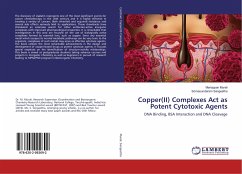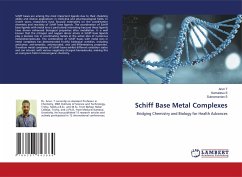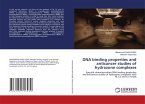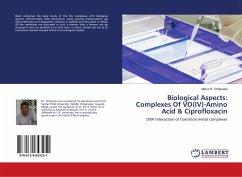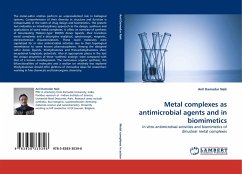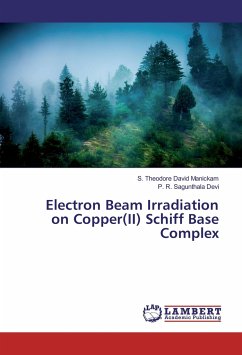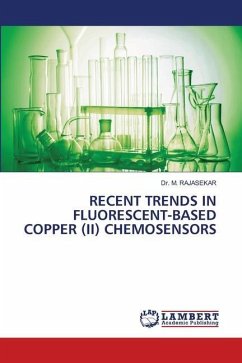The discovery of cisplatin represents one of the most significant events for cancer chemotherapy in the 20th century and it is highly effective in treating a variety of cancers. Both inherited and acquired resistance and several side effects seriously limit its applications. These drawbacks have stimulated an extensive search for other antitumor-active inorganic complexes with improved pharmacological properties. It is remarkable that investigations in this area are focused on the use of biologically active complexes formed by essential ions, such as copper. Since any essential metal which escapes its normal metabolic pathways can be very toxic to the organism, complexes of such metals may serve as effective cytotoxic agents. The book collects the most remarkable achievements in the design and development of copper-based drugs as potent cytotoxic agents. It focuses special emphasis on the identification of structure-activity relationships. This book is aimed at postgraduate students taking advance courses and projects in Inorganic Chemistry as well as beginners in pursuit of research leading to MPhil/PhD program in Bioinorganic Chemistry.
Bitte wählen Sie Ihr Anliegen aus.
Rechnungen
Retourenschein anfordern
Bestellstatus
Storno

